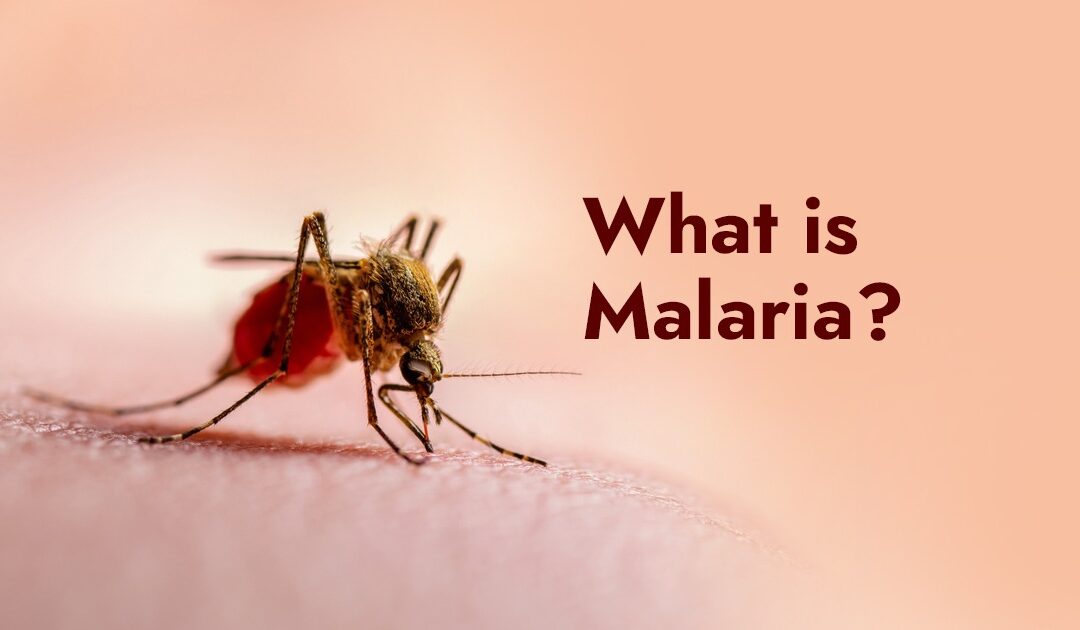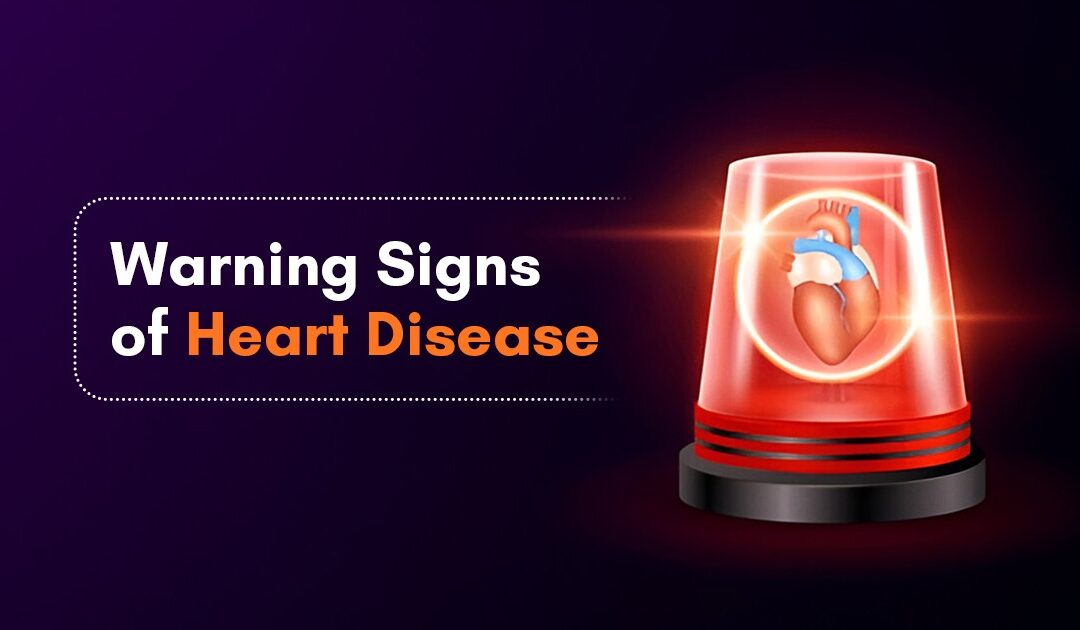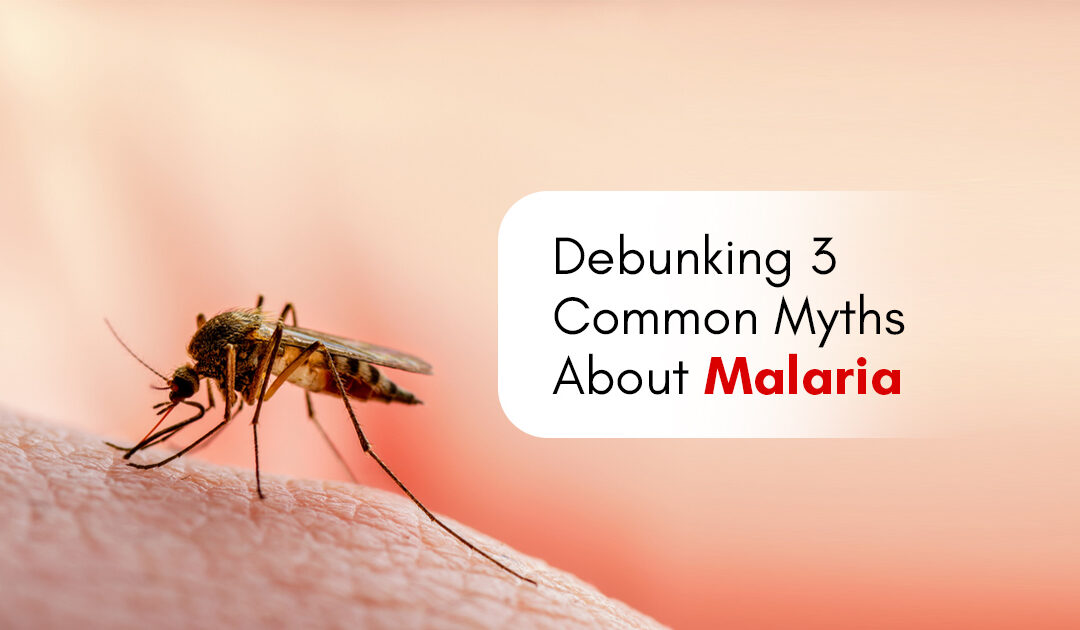Malaria is a deadly disease transmitted by a mosquito infested with microscopic parasites. When the insect bites, it injects malaria parasites into your circulation. Malaria is caused by parasites rather than a virus or bacteria. Malaria, if not treated, can cause severe health issues such as seizures, brain damage, difficulty breathing, organ failure, and death.
Malaria occurs all across the world, but is more common in developing countries and locations with warm temperatures and high humidity, such as:
- Africa.
- Central and southern America.
- Dominican Republic, Haiti, and other Caribbean islands.
- Eastern Europe.
- South and Southeast Asia.
- Islands in the Central and South Pacific Ocean.
What are the symptoms of Malaria?
Malaria symptoms are similar to flu symptoms. They include the following:
- Fever and sweating.
- Chills that shake your whole body.
- Headache and muscle aches.
- Fatigue.
- Chest pain, breathing problems and cough.
- Diarrhea, nausea and vomiting.
- As malaria gets worse, it can cause anemia and jaundice.
Malaria symptoms often occur 10 days to one month after the person is infected. Symptoms may be minimal, depending on the parasite. Some people do not feel sick for up to a year following a mosquito bite. Parasites can sometimes stay in the body for years without creating symptoms. Some kinds of malaria, depending on the parasite, can recur. The parasites remain inactive in your liver before being discharged into your bloodstream years later. When the parasites resume their circulation, the symptoms return.
What really causes malaria?
When a mosquito bites someone with malaria, the mosquito becomes infected. When a mosquito bites another person, it transmits a parasite into their circulation. There, the parasites multiply. Humans can be infected with five different forms of malaria parasites.
In rare situations, pregnant women with malaria might transmit the disease to their infants before or during birth. Malaria can be transmitted by blood transfusions, organ donations, and hypodermic needles, however this is extremely unusual.
How is malaria diagnosed?
Your health care practitioner will evaluate you and inquire about your symptoms and travel histories. Your provider will draw a blood sample and send it to a lab to determine whether you have malaria parasites. The blood test will inform your doctor whether you have malaria and which sort of parasite is causing your symptoms. This information will be used by your provider to decide the best course of therapy.
Can Malaria Be Prevented?
Medications can significantly minimize the odds of contracting malaria. You should also take care to prevent mosquito bites. To decrease your risks of contracting malaria, you should:
- Apply mosquito repellent with DEET to any exposed skin.
- Drape mosquito net over the mattresses.
- Install screens on windows and doors.
- Permethrin is an insect repellent that can be applied to clothing, mosquito nets, tents, sleeping bags, and other materials.
- To keep your skin covered, wear long pants and sleeves.
Malaria, a severe parasite disease caused by mosquitos, is common in warm, humid climates. Flu-like symptoms such as fever, chills, and exhaustion may emerge 10 days to a month after infection. Early detection and treatment are critical for avoiding consequences like seizures and organ failure. While medication can dramatically lower infection risk, preventative measures such as insect repellents and bed nets are critical. Remember that malaria is treatable, but taking preemptive measures is essential for remaining safe.




